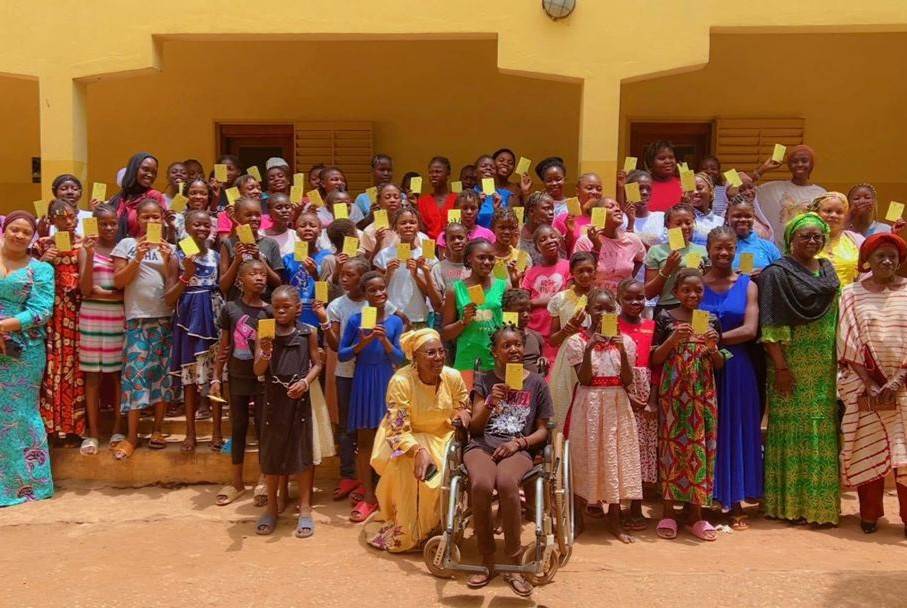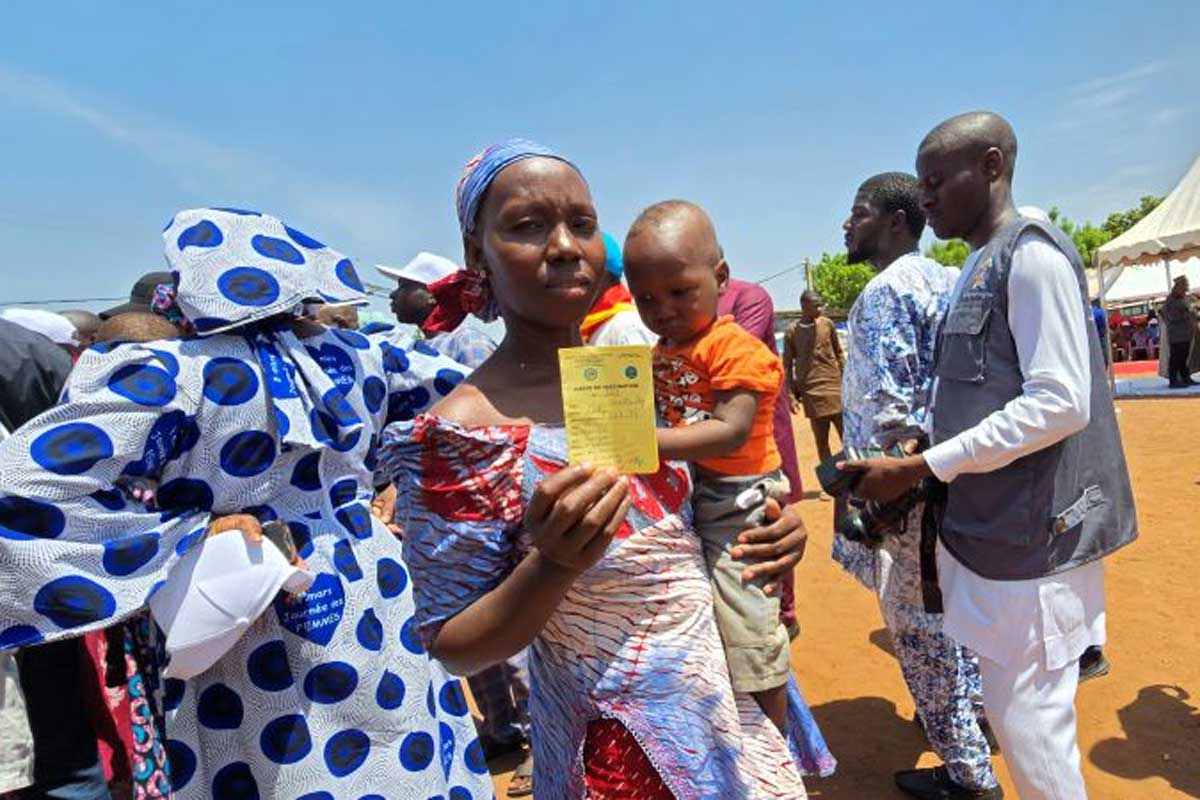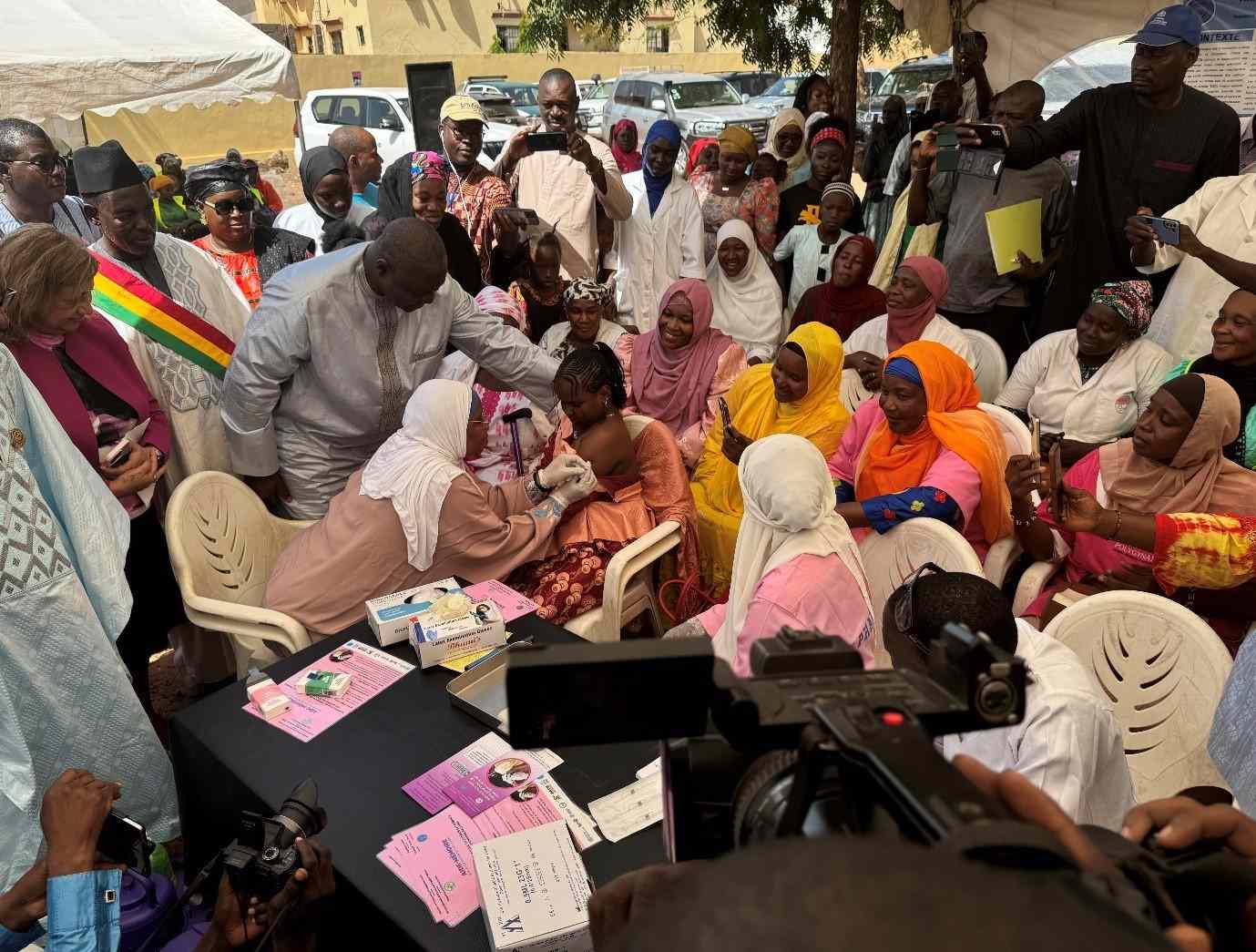In Mali, vaccinators face down bandits and thieves to fight disease
In Gao, northern Mali, immunising children means navigating insecurity, searing heat, and finding families who are perpetually on the move. But despite the challenges, vaccines are making an impact.
- 29 July 2025
- 5 min read
- by Aliou Diallo
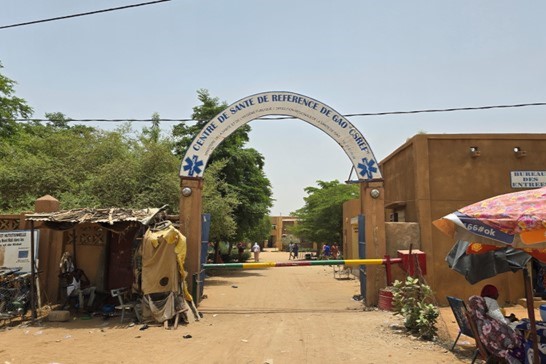
It’s just after ten in the morning on 8 May, in Dioulabougou, a neighbourhood of the Malian city of Gao. Under a large, well-ventilated shelter, women sit patiently, their babies nestled against them. In the already stifling heat, the cries of newly vaccinated children echo.
At first glance, it’s an ordinary scene – but it’s only possible because we are in Gao city, where health facilities remain relatively accessible. Just beyond the urban perimeter, everything changes: vaccination becomes a real challenge, with sandy roads, areas of insecurity and families constantly on the move.
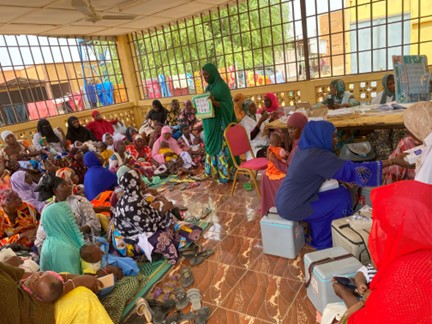
Credit : Aliou Diallo
In Dioulabougou, vaccination campaigns are carefully planned. “On Mondays, we give BCG, yellow fever and the MMR vaccine. On Thursdays, it’s Penta 1, 2, 3 and IPV,” explains Zahara Guitteye, who is in charge of family planning for the Gao health district.
On this day, she is on hand to support the team and raise awareness among women about family planning. The queues sometimes stretch all the way into the street, she says proudly.
To ensure community mobilisation, 55 community health workers trained by the nongovernmental organisation Help – around ten of whom are currently active – carry out information, education, awareness-raising and engagement activities.
“These workers explain to women why vaccines are important – and that reassures them,” says Hawa Assalia, who leads the vaccination team. Often drawn from the communities themselves, these outreach workers act as vital intermediaries – an even more crucial role when families have fled or relocated without notice.
Reaching people on the move
But the further you move from urban centres, the greater the challenge. In remote villages, nomadic camps, or areas of tension, vaccination becomes a complex, on-the-ground operation.
To reach these populations, health teams rely on two approaches: the “advanced strategy” for communities located 5 to 15 kilometres from a health centre, and the “mobile strategy” for areas further than 15 kilometres, where roving teams deliver a package of services – often under community escort.
“In these areas, we work with local leaders to agree on the safest places and times,” explains Dr Yehia Seydou Dicko, head of Gao’s health district. But limited resources are holding back these efforts.
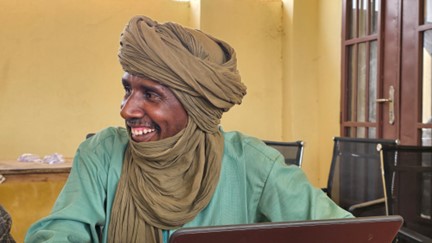
Credit : Aliou Diallo
Everything, then, depends on mobilising the communities themselves. “As soon as families understand that vaccination protects their children, they get involved. They protect us, guide us, welcome us,” says Dr Seydou. In some areas, it’s even the village chiefs who organise the queues and provide temporary security for the teams.
Risky business
In the Gao region, insecurity doesn’t always mean open conflict. It also takes the form of banditry, or sporadic threats from armed groups, which can prevent health workers from returning to certain areas.
These unpredictable pressures force teams to remain constantly alert. “A colleague of mine, Halimatou Diallo, was stopped while out on a mission. Her phone, money and equipment – everything was stolen,” says Zahara Guitteye.
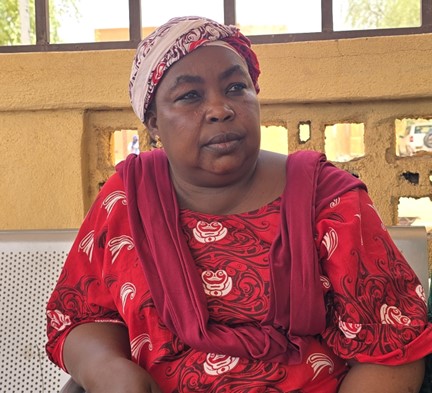
Credit: Aliou Diallo
In this context, nothing can be left to chance. Campaigns must be carefully prepared in advance. Community health workers play a vital role: they assess security conditions, identify accessible locations, and inform the teams when an intervention is possible.
Often, they are the ones who keep the connection with communities alive – even when health workers can no longer move freely.
“No cold chain means no vaccination”
Administrative follow-up also suffers from logistical difficulties. With limited resources, monthly data validation meetings are becoming increasingly rare. As for the cold chain – essential to ensuring vaccine effectiveness – it remains one of the weakest links in the system.
In a region where temperatures regularly exceed 40°C, storing vaccines at safe temperatures is a constant challenge.
“No cold chain means no vaccination. Some districts don’t even have a working refrigerator,” warns Dr Niaky Camara, UNICEF immunisation consultant to the Regional Health Directorate.
According to the 2023–2024 Demographic and Health Survey (EDSM-VII), 13% of children aged 12 to 23 months nationwide have received no vaccines at all. In the Gao region, that figure rises to 27.9%.
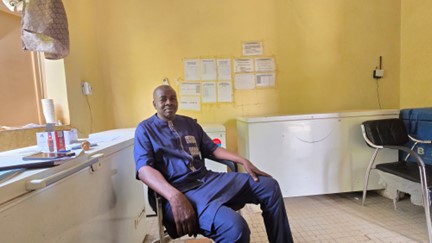
Credit: Aliou Diallo
The district of Almoustrat illustrates this situation clearly. It has ten health areas – but only one of them has a functioning refrigerator.
“Some are located more than 100 kilometres from the district centre. Without any way to store vaccines locally, they have to collect them every time. That makes regular weekly coverage impossible,” he explains.
According to the 2023–2024 Demographic and Health Survey (EDSM-VII), 13% of children aged 12 to 23 months nationwide have received no vaccines. In the Gao region, that figure rises to 27.9%. This stark number reflects the difficulty of ensuring consistent follow-up in a region where mobility is high and health infrastructure is often lacking.
Nomadic communities take more convincing
Among nomadic populations, vaccine hesitancy remains common.
“They sometimes refuse, even after we’ve explained. So we offer a mosquito net or a small gift,” says Fatima Silla, a volunteer vaccinator.
But often, just one case of measles is enough to change minds.
“As soon as a child falls ill, they come straight to us. Even adults ask to be vaccinated,” she adds.
Tracking patients is also complicated by unannounced movements and the frequent loss of vaccination cards.
Have you read?
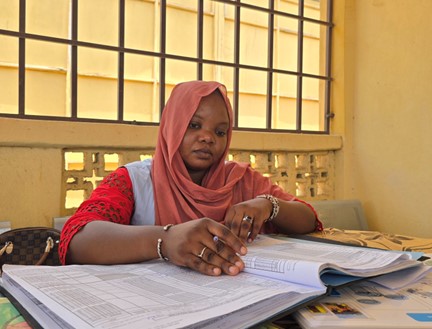
Credit: Aliou Diallo
“Many families leave without warning. Without the card, we can’t restart the cycle,” explains Fatima Silla.
But despite all the difficulties, the benefits of vaccination are visible here. “Women say: measles, polio and meningitis have declined. They can see the difference,” says Zahara Guitteye. Dr Camara confirms: “Thanks to vaccination, many diseases have disappeared.”
And with the arrival of the malaria vaccine, a new hope is dawning. “Malaria causes too much damage here. If this vaccine works, it will be a revolution,” says Zahara Guitteye.
Translated from the French. Read the original here.
